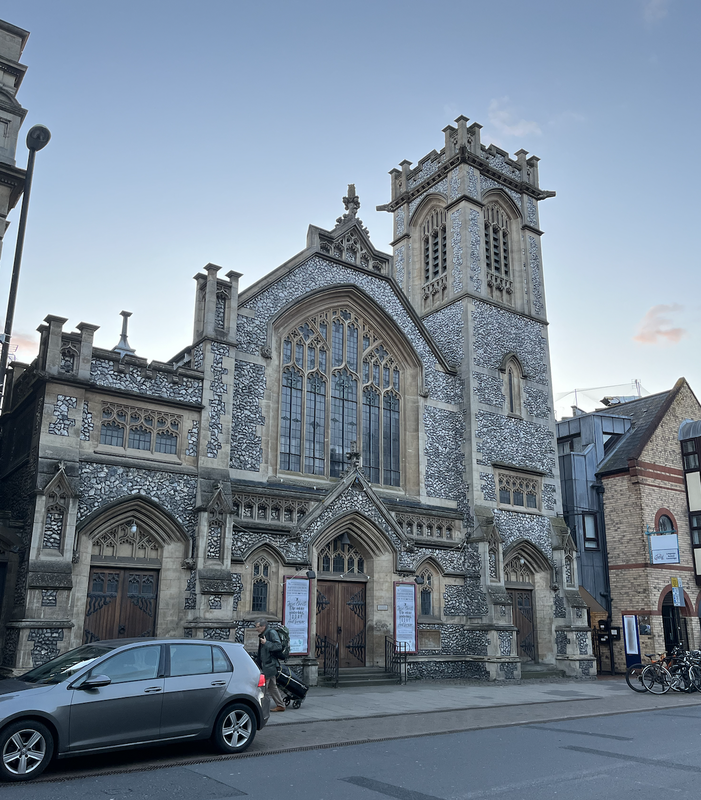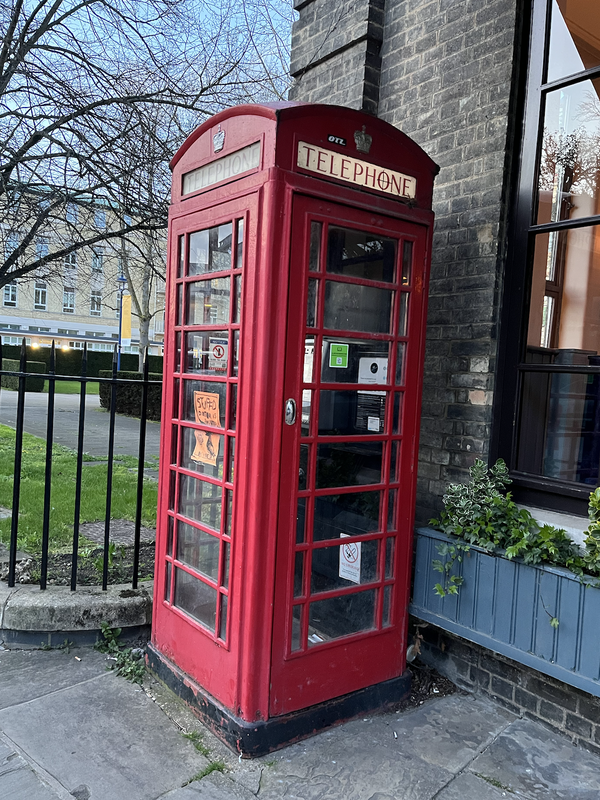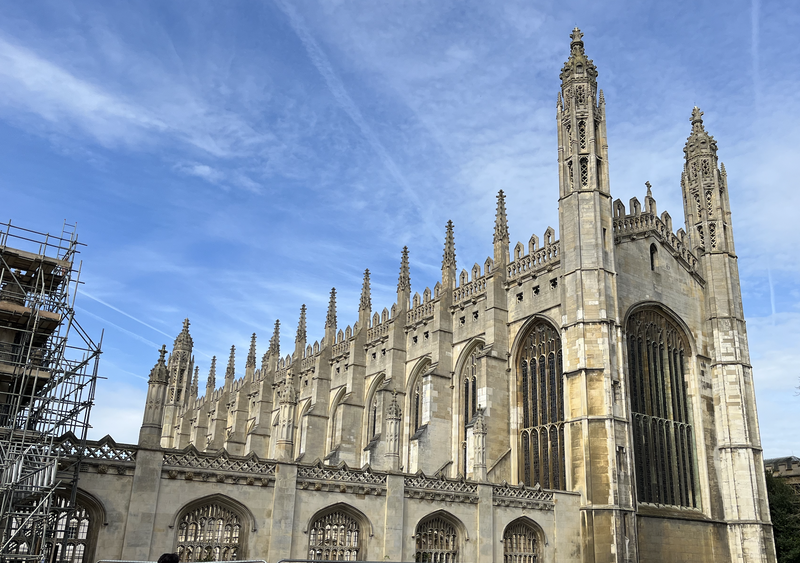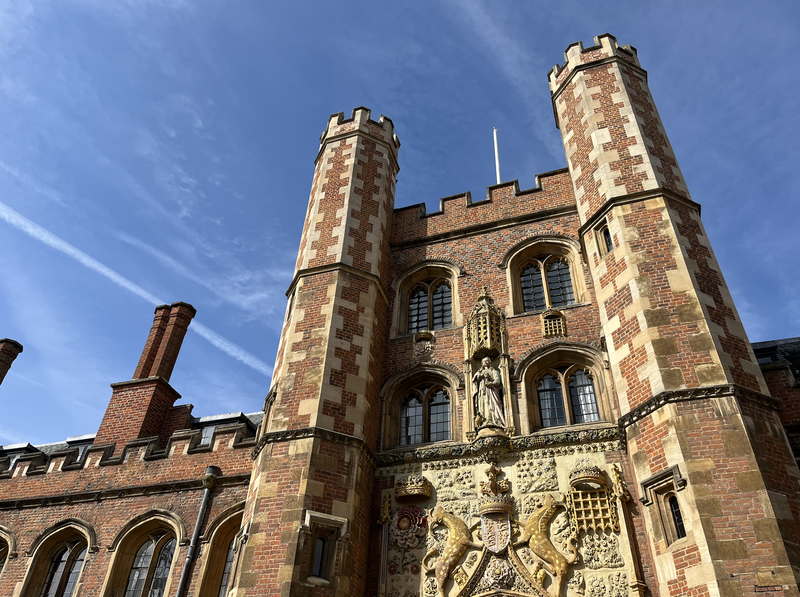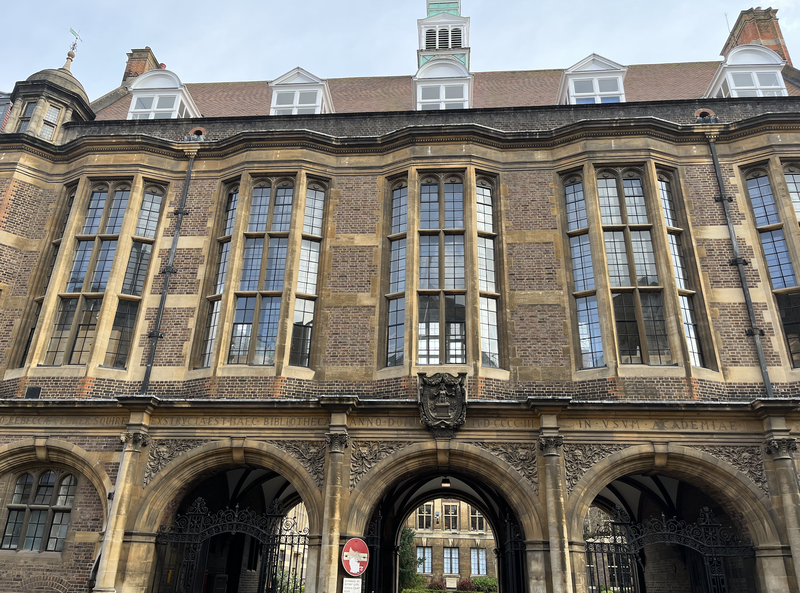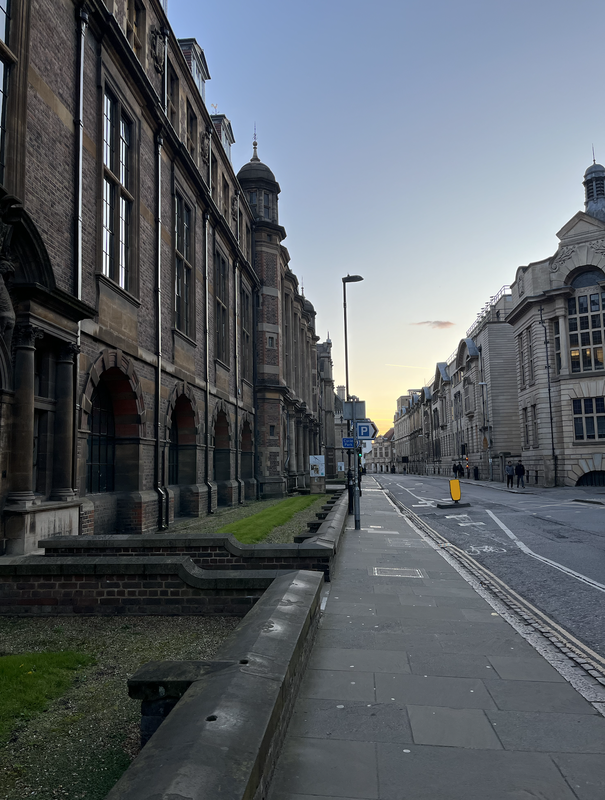|
Conferences: a rewarding aspect of life as an ecology student and researcher. As a fourth year PhD student with several field seasons under my belt, I have begun to work with my collaborators to test our hypotheses and analyze our data. Although I am a self-proclaimed "field researcher", the important and time-consuming task of data analysis occurs not under rainforest canopies, but at a desk chair and behind a computer screen. Lately, I have been spending countless hours toiling over R scripts. This isn't to say that writing code and conducting statistical analysis isn't thrilling in its own right. It is also far from the "easy" part of research. Crashing my computer, de-bugging R scripts, and re-running analyses after realizing a critical error can be deflating. But it is well worth the eventual elation of turning the 1s and 0s of scientific data into a figure. Analysis is also an iterative process. In addition to seeking out rounds of feedback from my co-authors, I am eager for feedback from broader scientific communities. Luckily, attending conferences allows me to venture beyond my desk chair while seeking feedback on projects. Critical feedback on research is a key motivating factor for attending conferences. Sharing the story of my research and its conservation importance, building community with other scientists, and learning about inspiring projects being conducted around the world are equally important benefits of conferences. Of course, there is the added bonus of traveling to explore a new area. This past week, I had the opportunity to present my research at the Student Conference on Conservation Science (SCCS) in Cambridge, UK. Unlike typical academic conferences, this event is targeted at students and early career researchers. SCCS is small and global, with ~150 delegates from ~50 countries. Throughout the week, I was inspired to meet many brilliant researchers and practitioners working on projects all over the world. I learned about topics ranging from raptor conservation to global soil carbon dynamics, from illegal wildlife trafficking to using fungi to advance rainforest restoration. I also enjoyed participating on a workshops on research ethics and academic publishing. It was motivating to be a part of a group of people who all care deeply about conservation and to see the diversity of innovative conservation approaches. While SCCS is just one stop on my conference "circuit" as I head towards the final year of my PhD, it certainly made a mark. I left the conference feeling purposeful and re-energized to dive back into my data analysis. 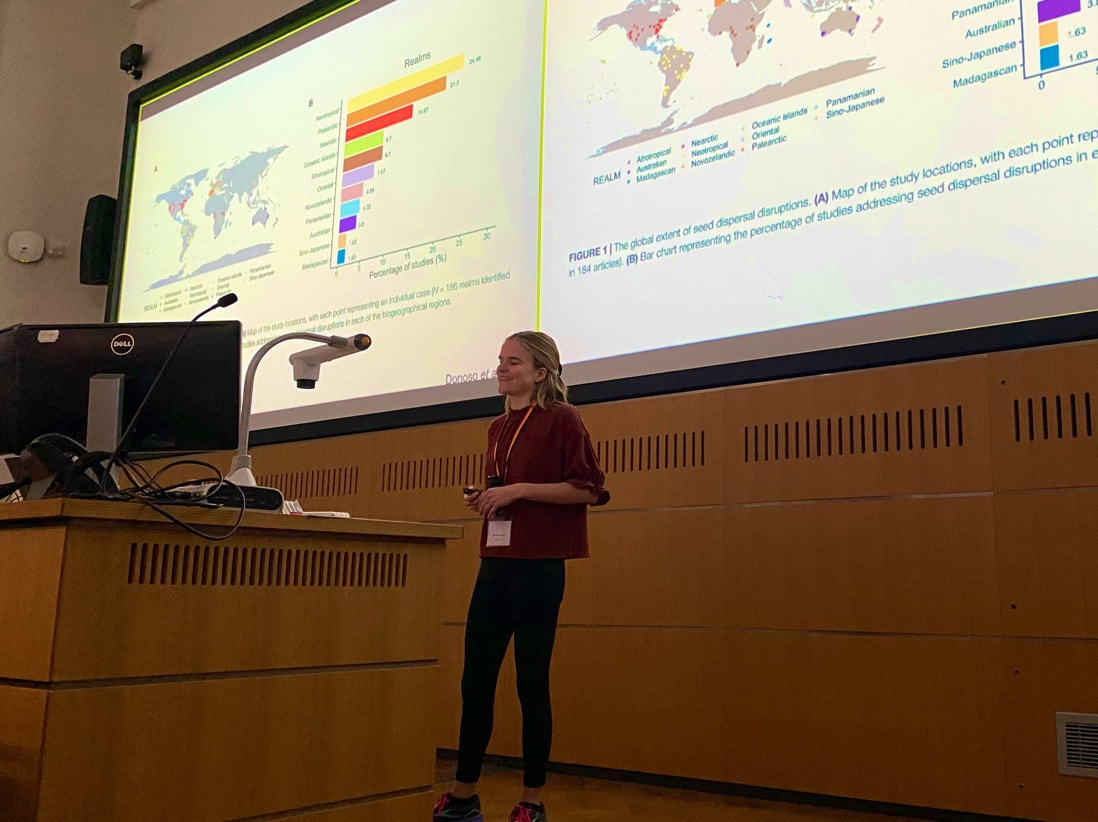 Presenting preliminary results for one of my PhD chapters at the Student Conference on Conservation Science in Cambridge, UK. Presenting preliminary results for one of my PhD chapters at the Student Conference on Conservation Science in Cambridge, UK. Exploring the beautiful city of Cambridge was also a perk!
0 Comments
Leave a Reply. |
|
